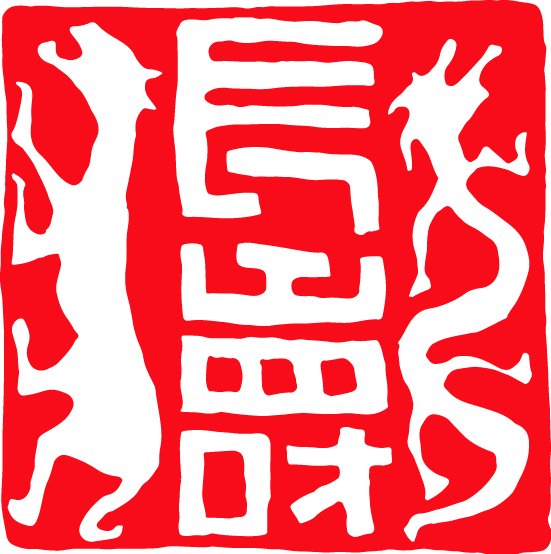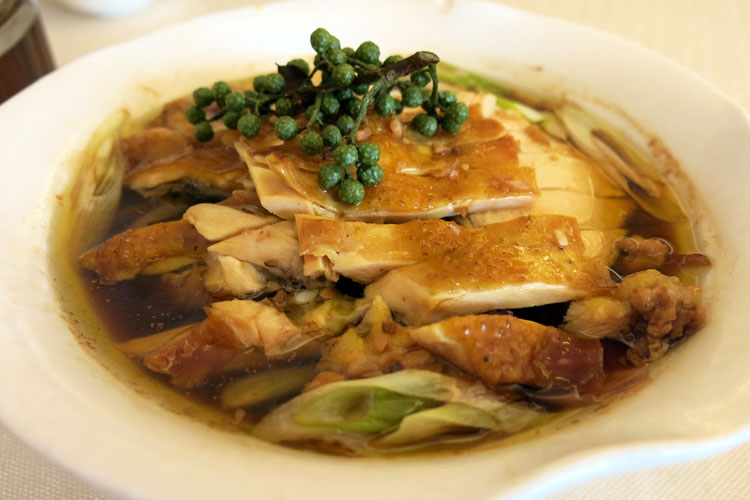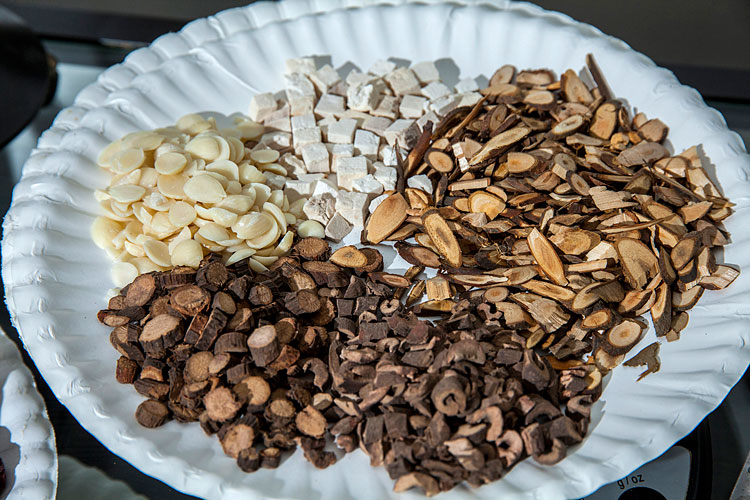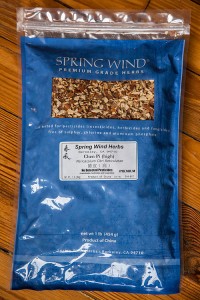FAQ
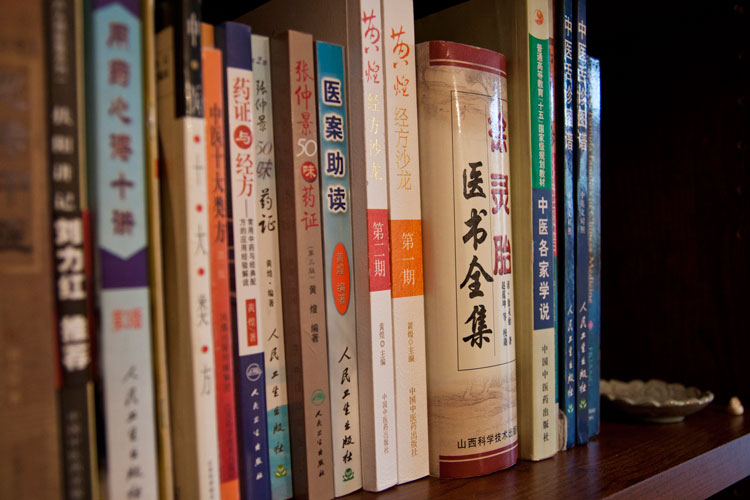
Although Medicaid and Medicare may cover acupuncture treatments where performed or supervised by an MD, they do not currently cover treatments with a licensed acupuncturist. If you are on Medicare, secondary insurance may cover acupuncture. If you are a veteran, the VA may cover the cost of acupuncture treatments. I do not accept No Fault or Workers Compensation.
Also know that acupuncture is a covered service under a flexible spending account (FSA) and that you are likely to be able to pay for acupuncture out of a health savings account (HSA).
If you are interested in using insurance for your acupuncture treatments, please call the clinic with the following information or request a questionnaire by email so I can verify benefits:
- Full name
- Date of birth
- Phone number
- Insurance carrier
- Subscriber/member ID
- Provider services phone number (usually on the back of the card)
- Condition/s for which you are seeking treatment
Keep in mind that deductibles, co-insurance or co-payments may apply to your acupuncture coverage. Also note that your plan may only cover treatment for certain conditions or with certain types of providers, i.e. some plans are M.D. only. I am a “licensed acupuncturist”. There may also be a limit on the number of visits. It is ultimately your responsibility to understand your acupuncture benefits and to be aware that benefit details given over the phone are not a guarantee of coverage. You are responsible for all charges not covered by insurance. All that said, I do my best to work with insurance and my experiences working with insurance companies so far have generally been positive.
I only use products from companies that are GMP (Good Manufacturing Practices) certified, so you can be assured that they are safe and of the highest quality. Most herbs and herbal products are presently imported from China or Taiwan although it is becoming increasingly common to grow herbs domestically and manufacture products here in the United States. Most of my raw herbs come from Spring Wind in Berkeley and I also commonly use capsulized extracts from Classical Pearls in Oregon – these two companies have some of the highest quality and most stringently tested Chinese herbs in the business. I am also on the board of our own High Falls Gardens in Philmont, dedicated to creating an ecologically cultivated domestic supply of Chinese herbs. I use domestically grown herbs where possible.
Moxibustion
Cupping & Gua Sha
Chinese Herbal Formulas
SUNDAY →
SATURDAY
